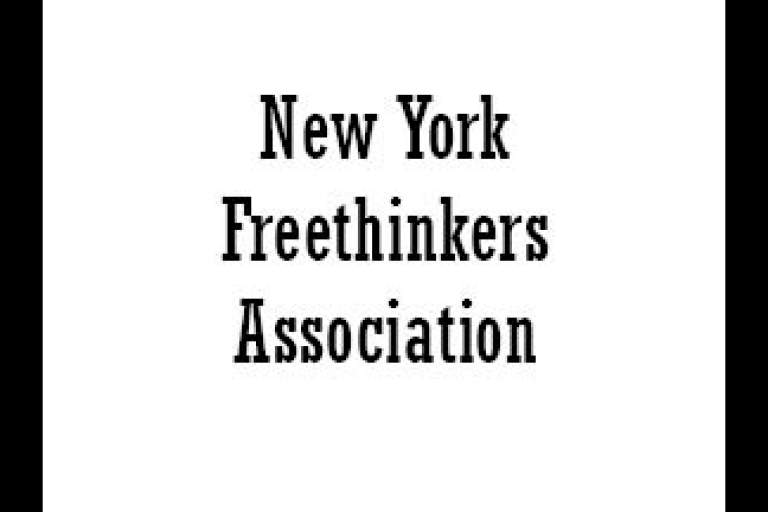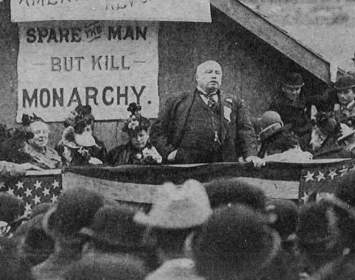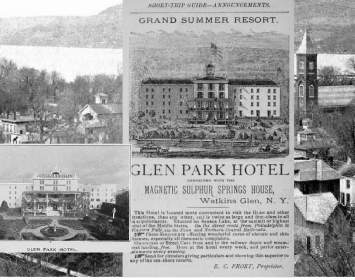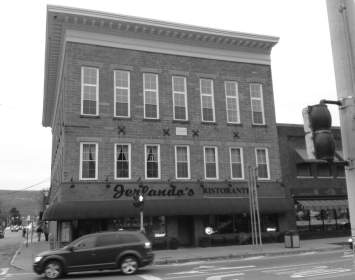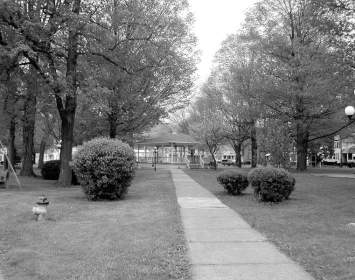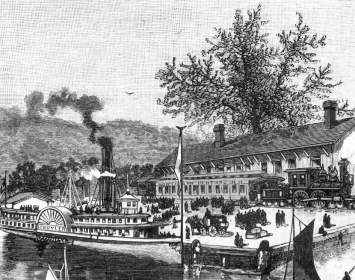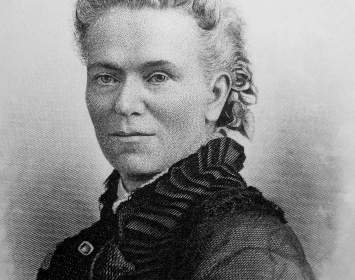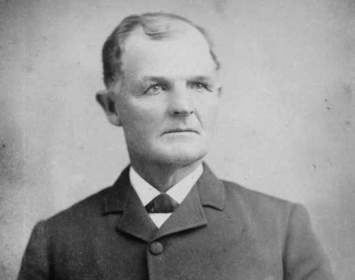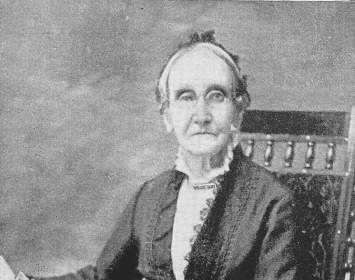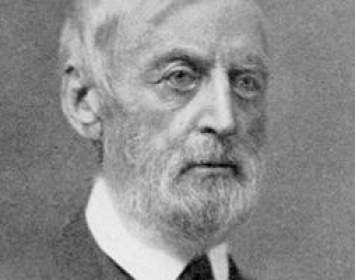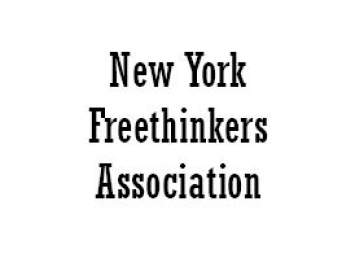The New York State Freethinkers Association convened for its sixth convention in Watkins (now Watkins Glen) on August 23–27, 1882. Because of rainy weather, the park was not utilized, though seating and a tent had been set up, and all conference sessions were held at the Freer Opera House; a banquet honoring D. M. Bennett was held at the Glen Park Hotel.
Speakers included Matilda Joslyn Gage and D. M. Bennett, celebrating a triumphant return after his release from prison and a world tour, as the guest of honor. Among the attendees were Geneva philanthropist/freethinker William Smith; Rochester abolitionist/suffragist Amy Post; Rochester freethinker Elias H. Gault; freethought advocate Samuel Porter Putnam; suffragist and sex radical Juliet Stillman Severance; freethinker Charles Bright, visiting from Australia; and W. S. Bell and Josephine Tilton, both of Boston, who had also attended the 1878 event. (Bell and Tilton had been Bennett’s co-arrestees.) The banquet honoring D. M. Bennett was held off-site at the Glen Park Hotel, attended by some 120 persons.
This convention had one historically intriguing consequence. Apparently the convention passed a resolution predicting the gradual extinction of Christianity in America. The Rev. Charles Cardwell McCabe, a leader in new church development for the Methodist church, read of the resolution in a newspaper and cabled the convention with the following message: "All hail the power of Jesus’ name. We are building more than one Methodist church for every day in the year, and propose to make it two a day." Convention president Thaddeus Burr Wakeman cabled back, in part: "Build fewer churches and pay your taxes on them like honest men. Build better churches, since liberty, science, and humanity will need them one of these days and will not wish to pay too much for repairs." McCabe gained wide publicity from this exchange. He became known as "Two-a-Day McCabe"; his cable even inspired a popular evangelical camp song. By the time of McCabe’s death in 1906, it was widely believed he had directed his famous 1882 cable to the celebrated agnostic orator Robert Green Ingersoll. But in late August 1882, Ingersoll was fully engaged in conducting what would become the lengthiest criminal defense in U.S. history to that time in the Star Route Trials. Ingersoll almost certainly did not attend the Watkins conference and thus could have played no role in composing either the resolution that provoked McCabe’s message or the convention’s reply.
On Friday, August 25, some 120 freethinkers attending the 1882 convention walked about eight blocks south from the convention site to the palatial Glen Park Hotel, as noted above. The Hotel was situated across the street from the entrance to Watkins Glen, the village’s principal tourist attraction. There they took part in a gala banquet honoring D. M. Bennett, publisher of the freethought newspaper The Truth Seeker. Bennett had been arrested for selling a marriage-reform tract the last time the freethinkers had convened in Watkins, in 1878. Since then he had faced a high-profile obscenity trial, served thirteen months in prison, and most recently returned in triumph from a world tour paid for by his supporters.
According to the account in The Truth Seeker, the banquet continued until 1:30 in the morning, featuring an endless series of toasts. As the banquet was a temperance event, the account noted, "no wine was used." An ironic note given that today, farm wineries and wine tasting attract at least as many tourists to the region around Watkins Glen as does the Glen itself.
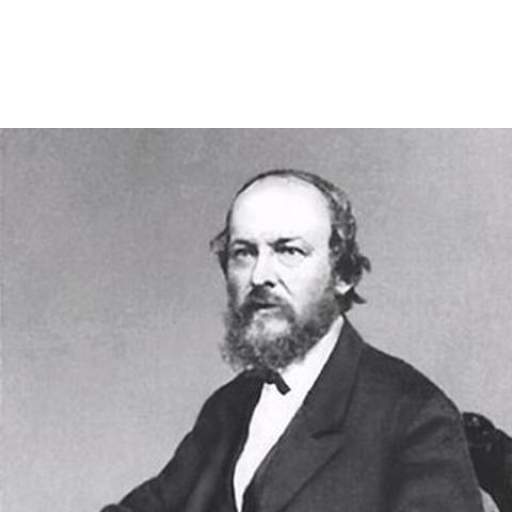
D. M. Bennett
Freethought publisher D. M. Bennett (1818 - 1882) was honored at the 1882 convention.
